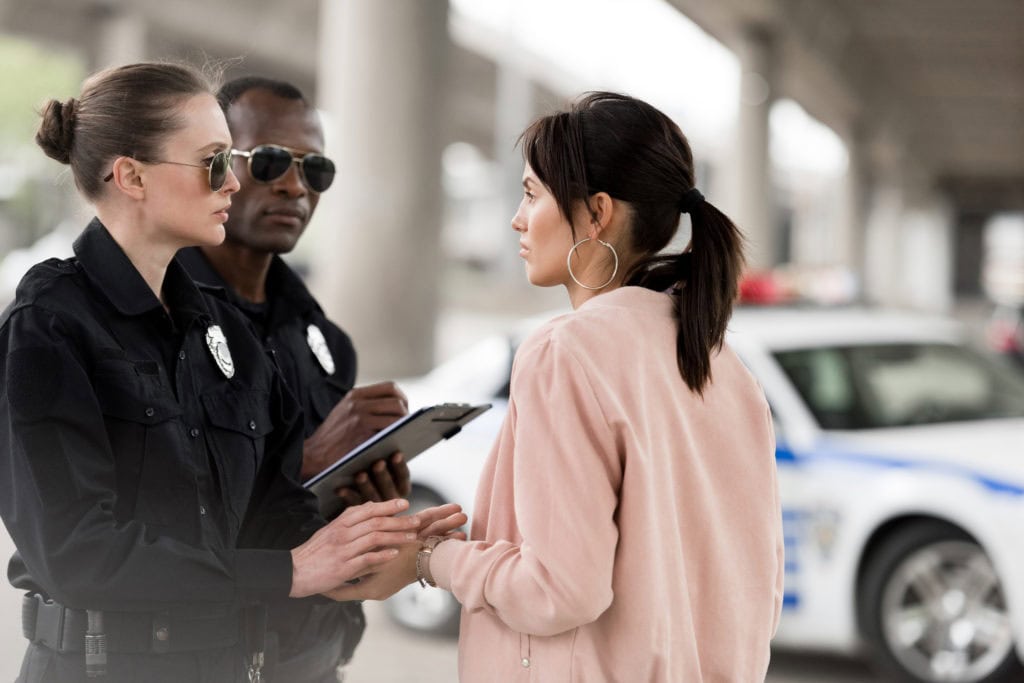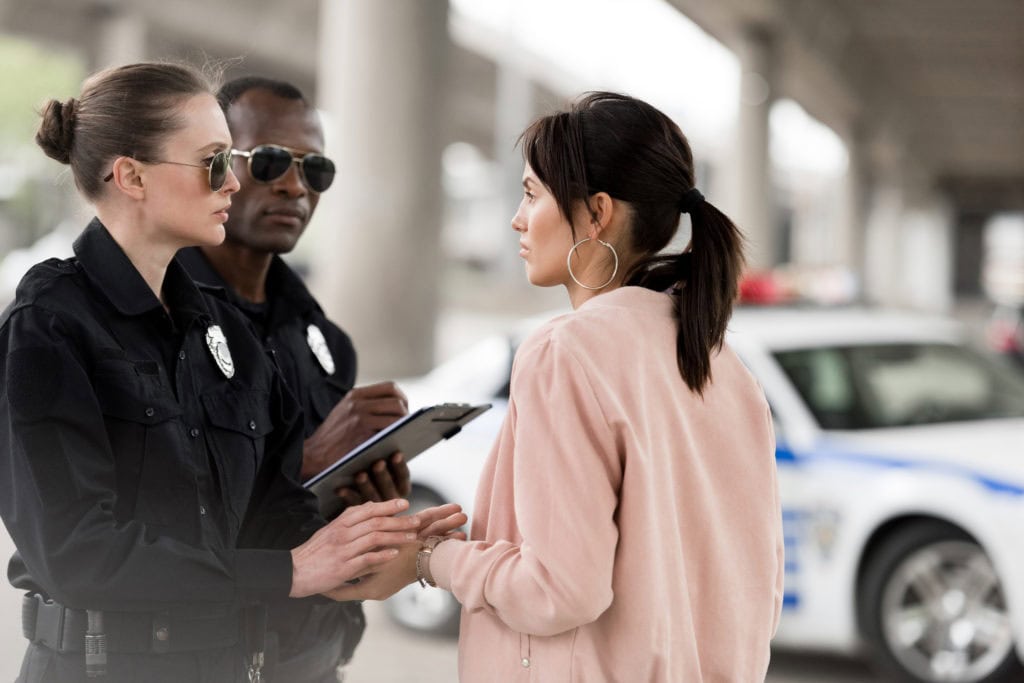What is Carding?


Carding is a police practice, also known as police checks, which involves arbitrarily and randomly stopping an individual and asking for their identification, a process that often leads to additional questioning. This practice became more prevalent in the past decade because of police initiatives such as TAVIS. These initiatives led to heightened police presence in neighbourhoods characterized by a higher crime rate relative to their size.
Why Has Carding Been Criticised?
Carding has been widely criticized as it is perceived as racist and an infringement on human rights. The practice has also contributed to mounting tension between the police and residents of Toronto. Furthermore, the communities most impacted by carding have voiced their concerns that they feel targeted and harassed by carding practices. They argue that the Human Rights Code has essentially been disregarded during police carding checks.
How Have Carding Regulations Changed Recently?
Provincial legislation has recently been amended to address the concerns raised about carding practices.
Key Regulations Introduced
The new legislation introduced in March 2016 and enacted in January 2017 gives citizens specific rights during police carding stops. Among these new regulations, there is a police ban on arbitrarily and randomly stopping people for personal information collection. The Provincial Government aims to introduce clear and consistent rules that the police must adhere to during voluntary public interactions.
Prohibitions and Rights of Individuals
Race-based reasoning for carding an individual is strictly prohibited. Furthermore, police are required to inform individuals that they have the right to refuse conversation. Refusal to comply or to leave cannot then be used as a reason to force information from the individual in question. Police are also obligated to provide a written record of any interactions with the public, which must include their name, badge number, and information on how to contact the Independent Police Review Director.
Police Obligations and Reporting Requirements
All collected information during police checks must be submitted to the police database for review by the local police chief within 30 days. Annual reviews of random samples from the database entries are required to ensure compliance with the new regulations.
In addition to these regulations, police chiefs must annually publish a report detailing the number of information collection attempts, demographics of the individuals stopped, and the regions where the information was obtained.
Exemptions and Scope of Police Information Gathering
There is an expectation that experts will be consulted to guide the Ontario Police College on new training protocols encompassing racism, bias awareness, and discrimination. All police officers are expected to be trained by the time of legislation enactment in January 2017.
The police still have permission to gather personal information during routine traffic stops, during arrests or detentions, or when a search warrant is executed. Lastly, this legislation symbolizes a shift in the provincial government’s attitude towards police practices, favouring preventative community strategies to reduce crime over carding and similar hard-line approaches.
Consult a Criminal Defence Lawyer in Toronto
Carding, a controversial police practice of arbitrarily stopping individuals for questioning and identification checks, has sparked significant criticism for its potential to violate human rights and disproportionately target marginalized communities. Recent regulatory changes aim to curb race-based and arbitrary stops and protect individuals’ rights.
If you believe you have been subjected to carding or other unlawful police practices, or if you are facing charges related to a police interaction, consult with Pyzer Criminal Lawyers. Our experienced Criminal Lawyers in Toronto can help you understand your rights and provide guidance through any legal challenges you may encounter. Contact us today or reach out online for a free consultation.

Jonathan Pyzer, B.A., L.L.B., is an experienced criminal defence lawyer and distinguished alumnus of McGill University and the University of Western Ontario. As the founder of Pyzer Criminal Lawyers, he brings over two decades of experience to his practice, having successfully represented hundreds of clients facing criminal charges throughout Toronto.





